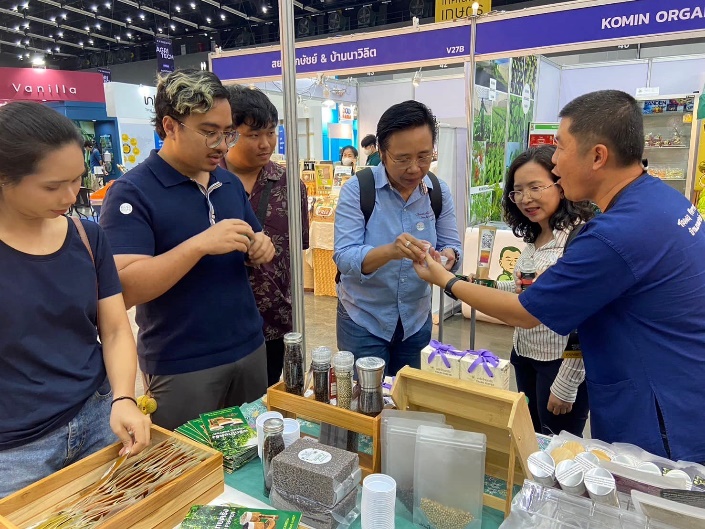Reporters: Mr. Sujinda Saehan, Mr. Ekkajak Intarat, Mr. Nitigon Jumniansuk, Mr. Thanet Sangseejun
Evidence Date: November 4, 2023
Related SDGs:
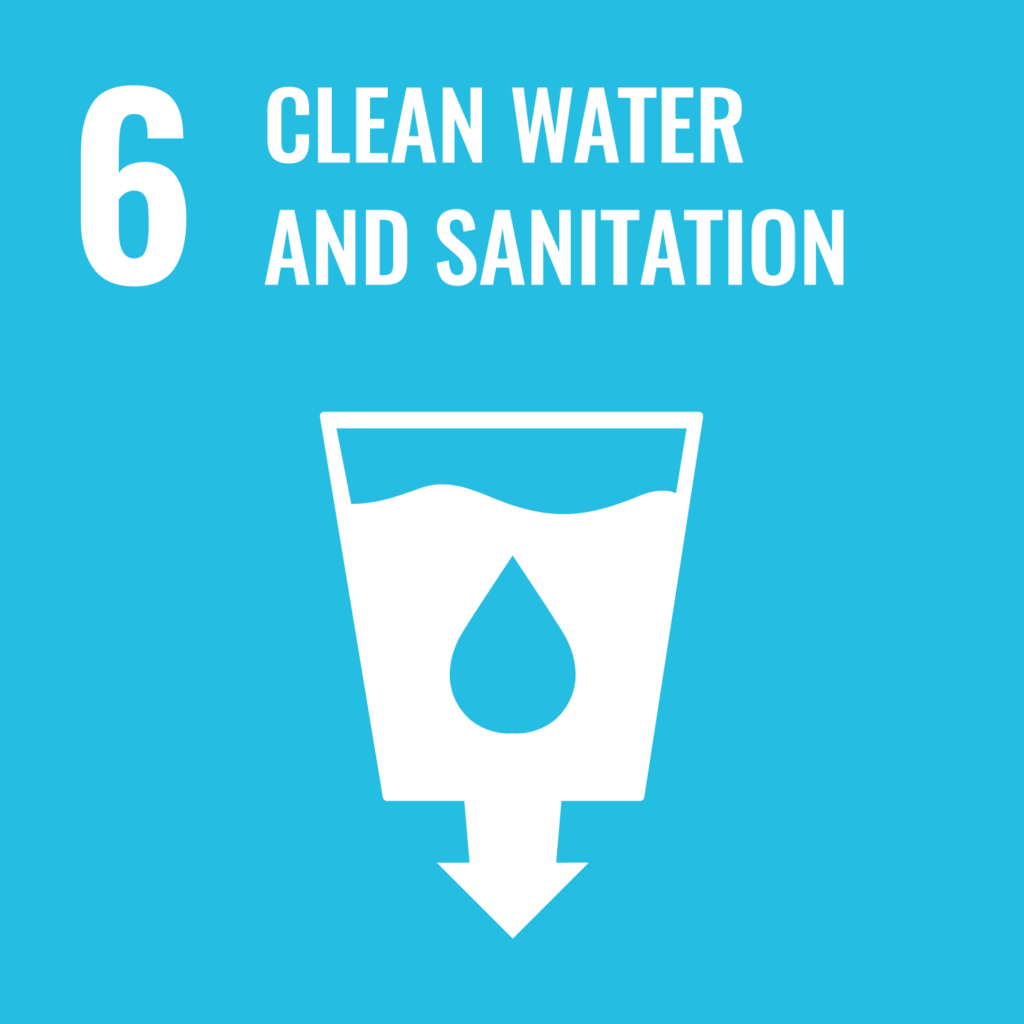
Related Indicators: 6.3.4
As the university realizes the importance of water conservation and has clear policies and guidelines for implementing the management system to reduce water usage within the university, as well as creating awareness of conservation efforts among university’s staff and students and also among external communities.
Promoting conscious water usage is crucial, especially in settings like universities, where many people use shared resources. Rajamangala University of Technology Srivijaya has taken action to promote to actively promote conscious water usage across campuses which aiming to encourage faculty, students, and staff to recognize the importance of responsible water use.
The university has started with the following actions:
1. Display facts and reminders about water usage near high-use areas like sinks and bathrooms with tips or data about water conservation as well as using social media platforms to share water-saving tips and inspire collective responsibility among faculty, students, staff, and visitors.
2. Implement wastewater recycling systems for greywater recycling, especially in settings with high water use, like toilets or cafeterias to use treated wastewater for campus landscaping, irrigating plants, ensuring sustainable use of reclaimed water within the university grounds.
3. Integrate water awareness into curriculum and encourage classes to adopt projects related to water conservation and sustainability, integrating hands-on learning with tangible benefits for the campus.
Implementing these strategies within Rajamangala University of Technology Srivijaya setting can help to embed water-conscious behavior as a core part of campus culture while creating a more environmentally friendly campus.
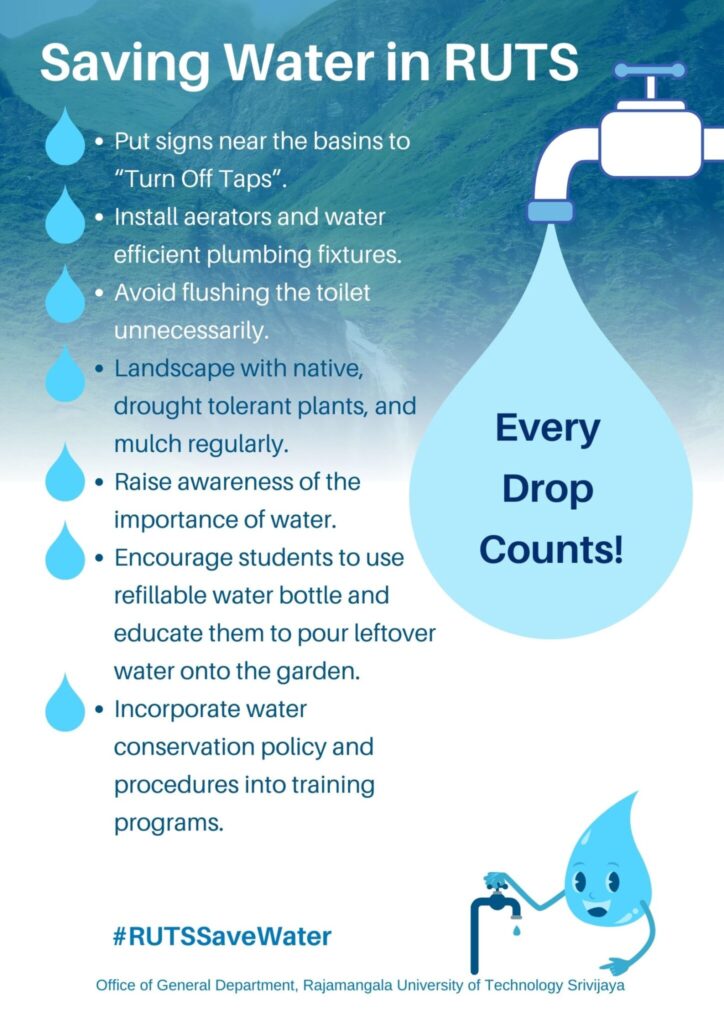
In 2023, Rajamangala University of Technology Srivijaya continues to support the implementation of smart agriculture by expanding the area to Nakhon Si Thammarat and Trang campuses under the responsibility of the Faculty of Agriculture and Faculty of Engineering and Technology along with providing teaching and learning for students to learn and practice smart agriculture for sustainable water conservation. The use of smart farming at Rajamangala University of Technology Srivijaya is not only provided as a learning resource for students but also a source of knowledge for the general people in the community, especially those in the local agricultural communities to learn how to make farming more efficient and sustainable, especially in water conservation as agriculture usually consumes huge amounts of water supply, so even small reductions in water use can make a significant difference.
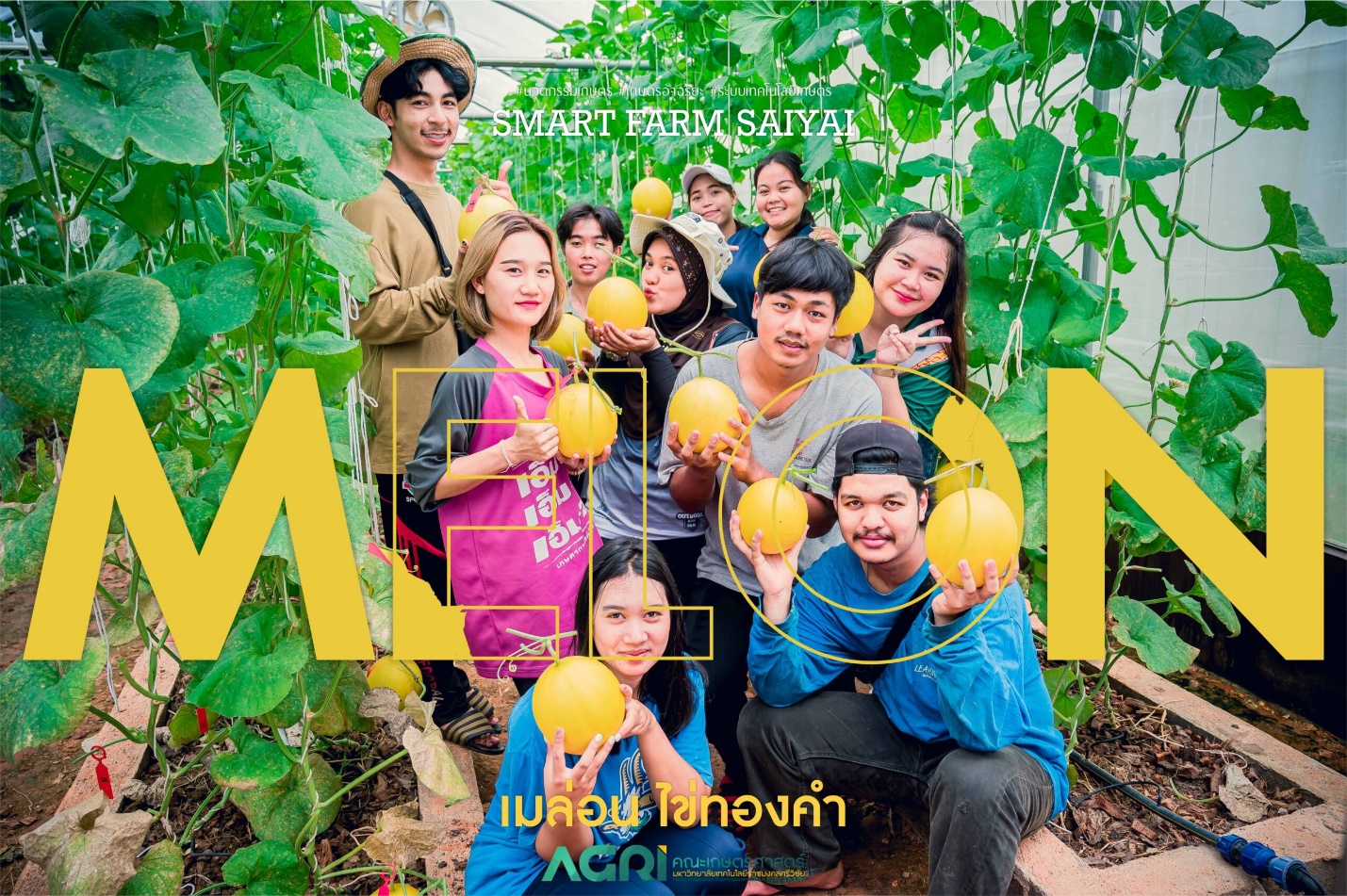
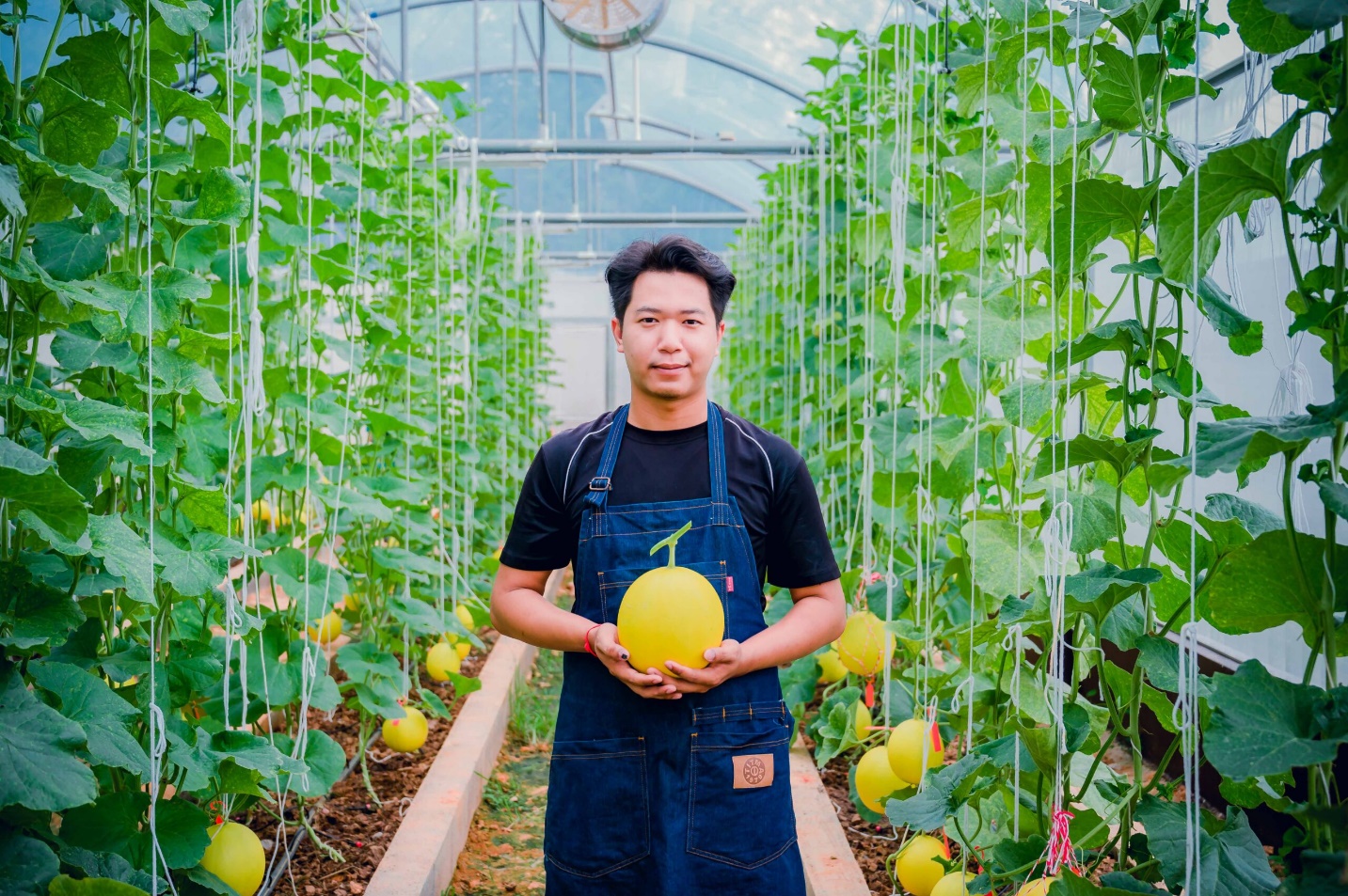
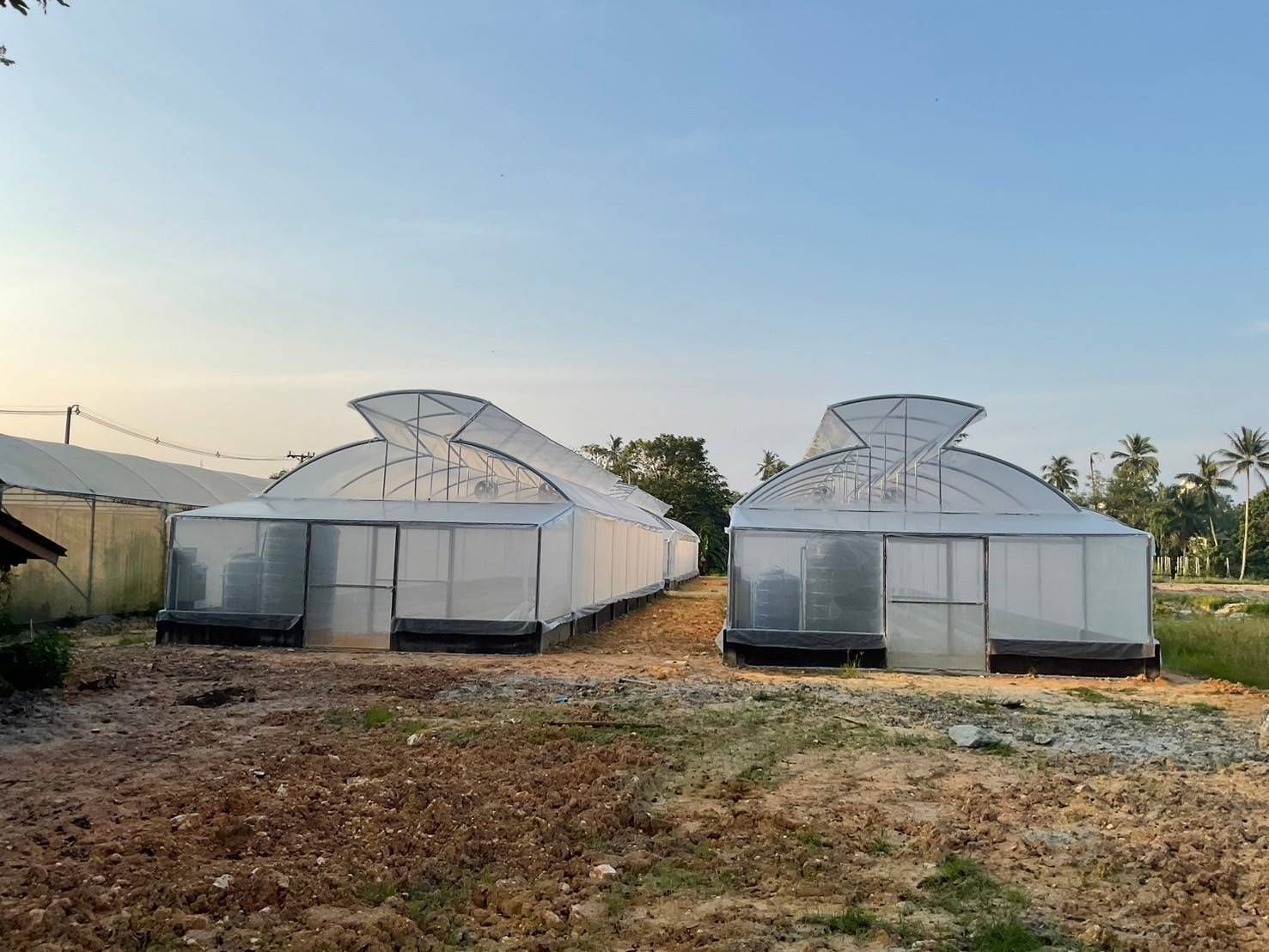
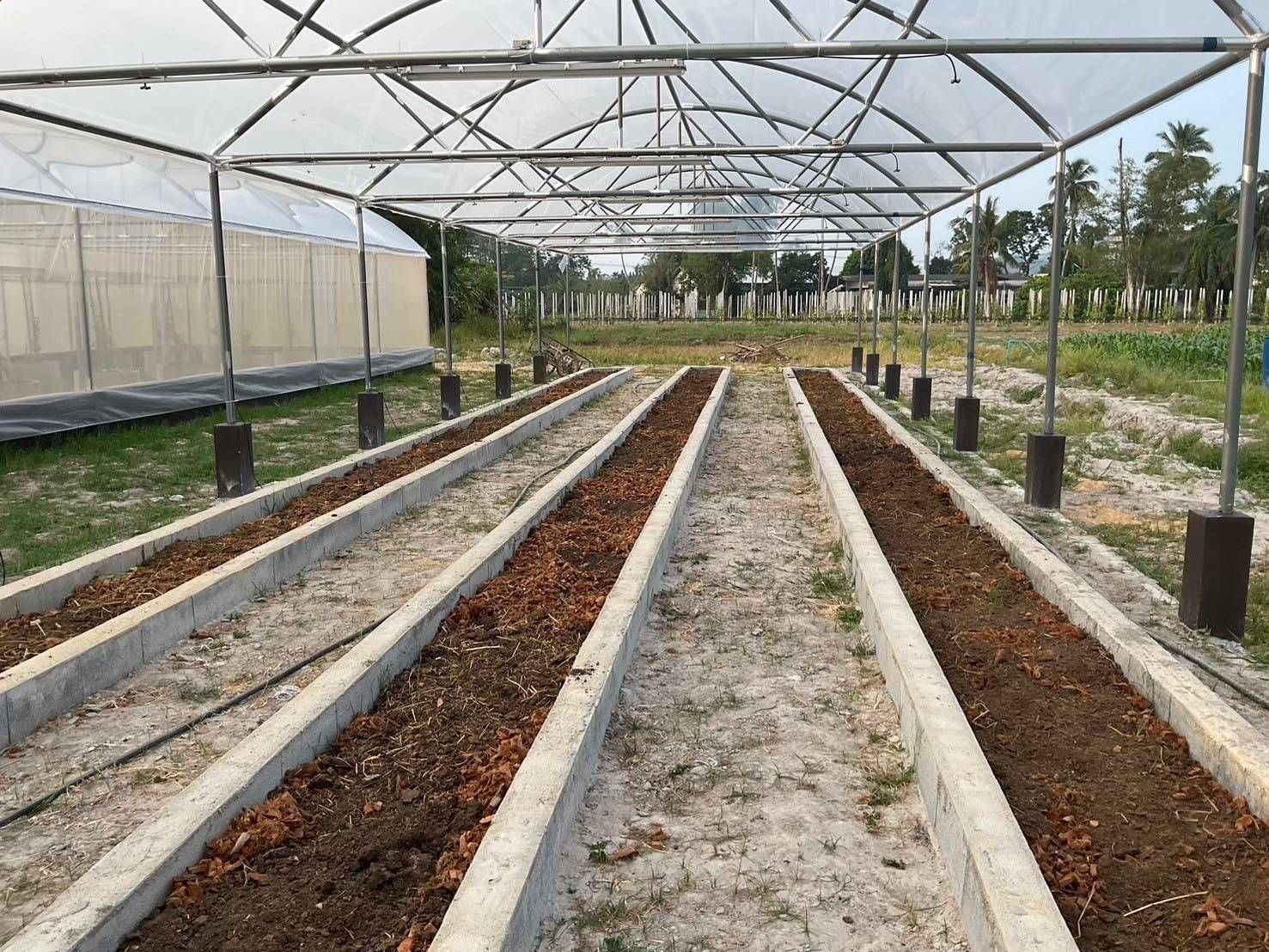
Smart Farms can dramatically reduce water use through advanced irrigation techniques and can significantly help with water conservation by optimizing water use that can also lead to reduce resource consumption, costs, and improves efficiency, sustainability, and productivity especially in areas like water conservation, resource management, and crop yield enhancement. For this reason, the university’s smart farming aims to be one of the teaching methods for the university’s students by offering students practical ways to implement, monitor, and study water-saving techniques that can aid water conservation such as, learning drip and micro-irrigation systems which teaches students how to deliver water directly to the roots of plants, significantly reducing water waste through evaporation and runoff. Soil moisture monitoring which help students monitor soil water levels in real-time, allowing for water application only when soil moisture is low. This prevents over-watering and educates students on balancing crop needs with conservation and learning other related systems in order to providing knowledge and benefits of smart agriculture for students to use in doing business or applying it to work in the future.
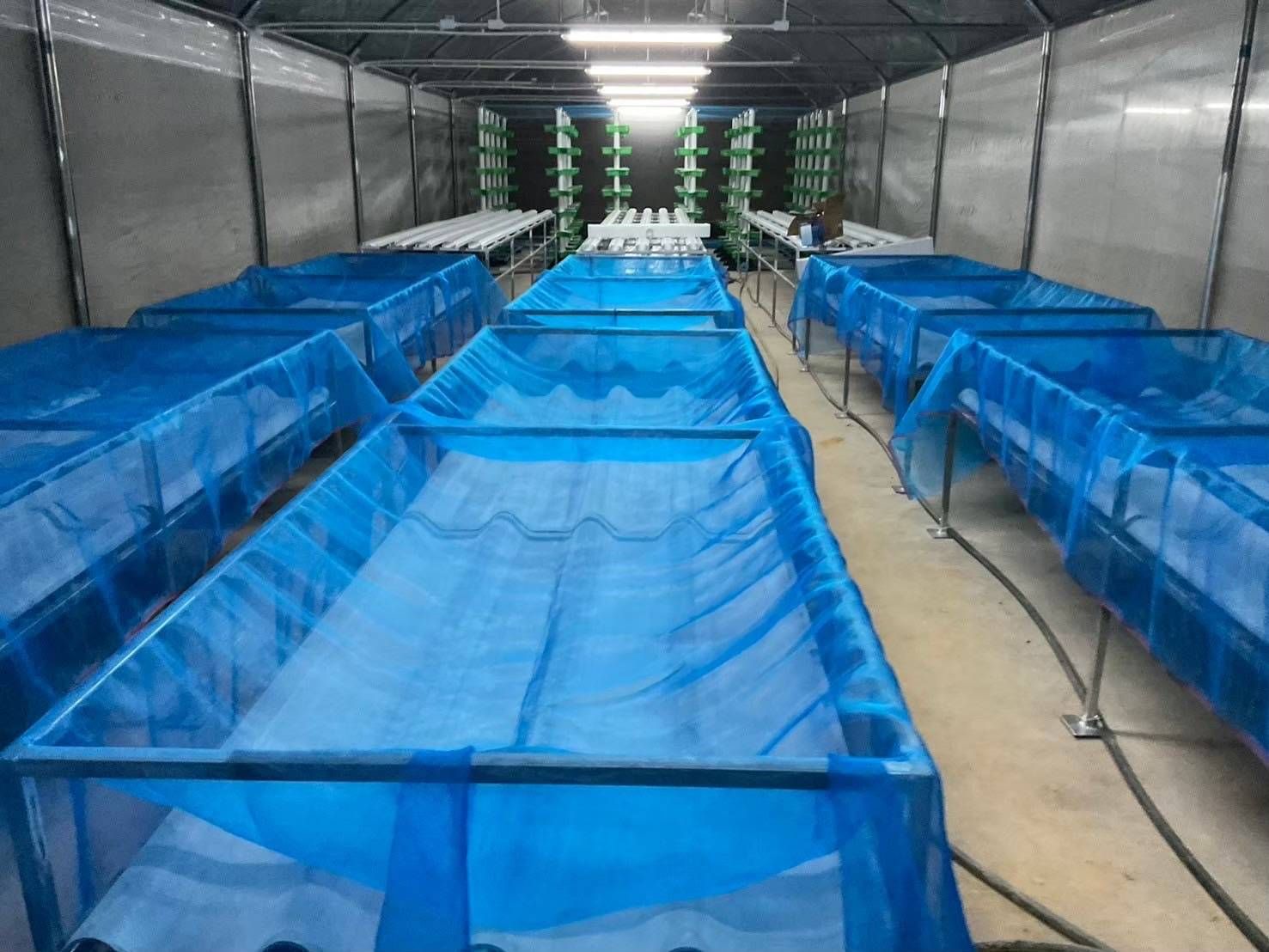
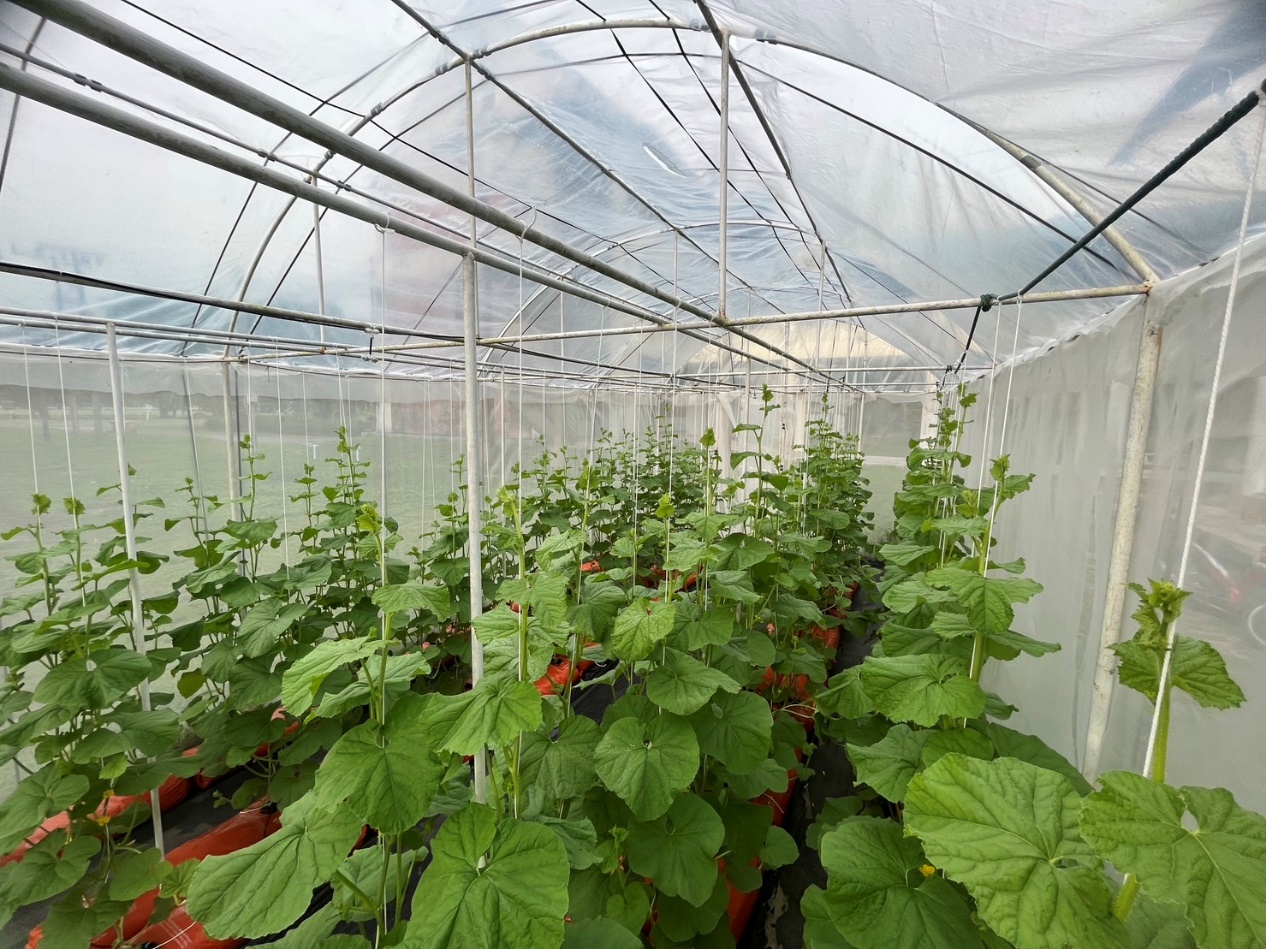
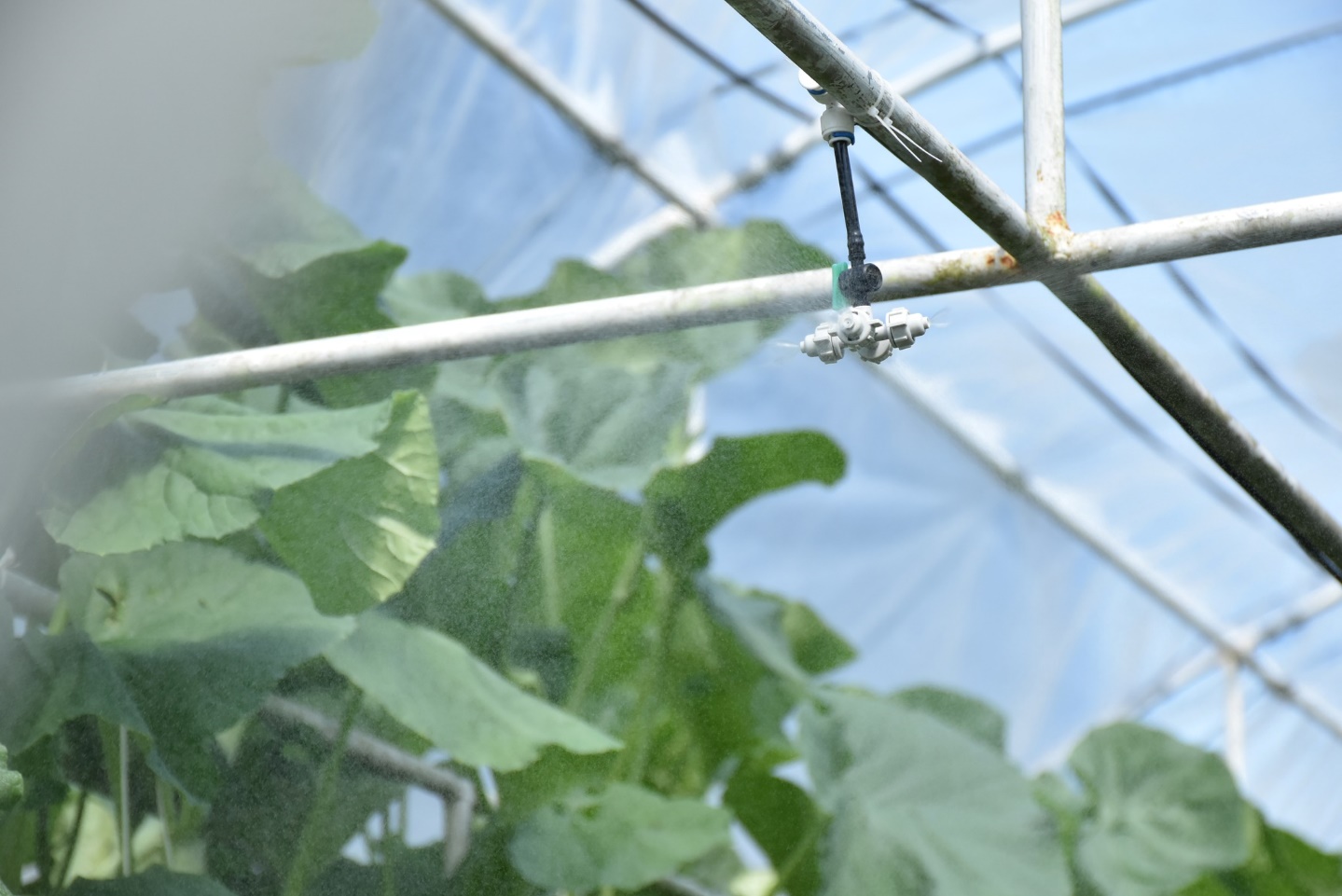
In addition, the university’s smart farming is another channel for generating income by selling products from smart farming. By applying these technologies, farms can produce higher yields with less water, supporting both food production and water conservation efforts. The university also recognizes and supports training and knowledge on smart farming for the community through campus engagement in learning about water conservation in agriculture, as well as contributing to broader agricultural research and promoting sustainable practices.
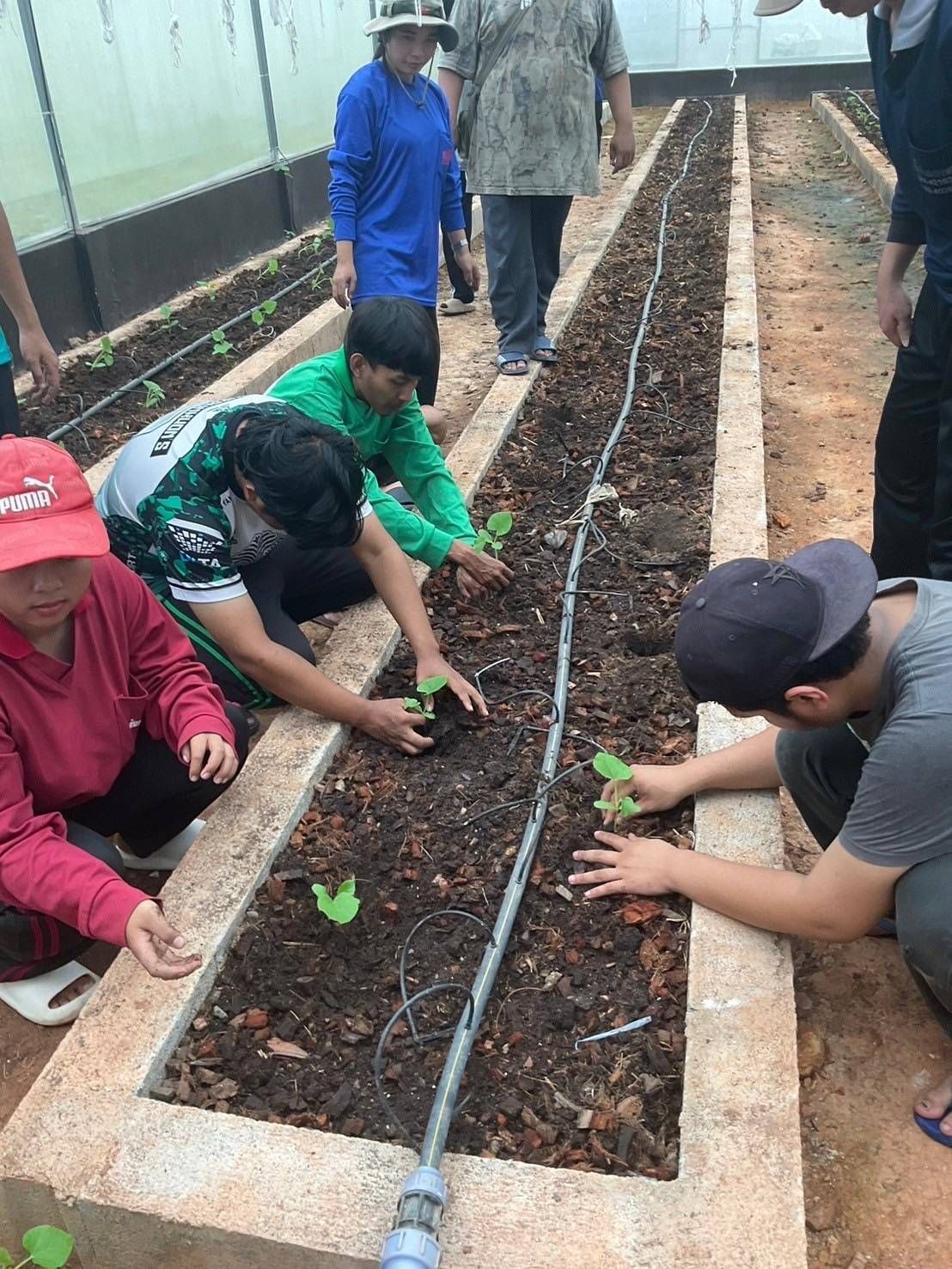
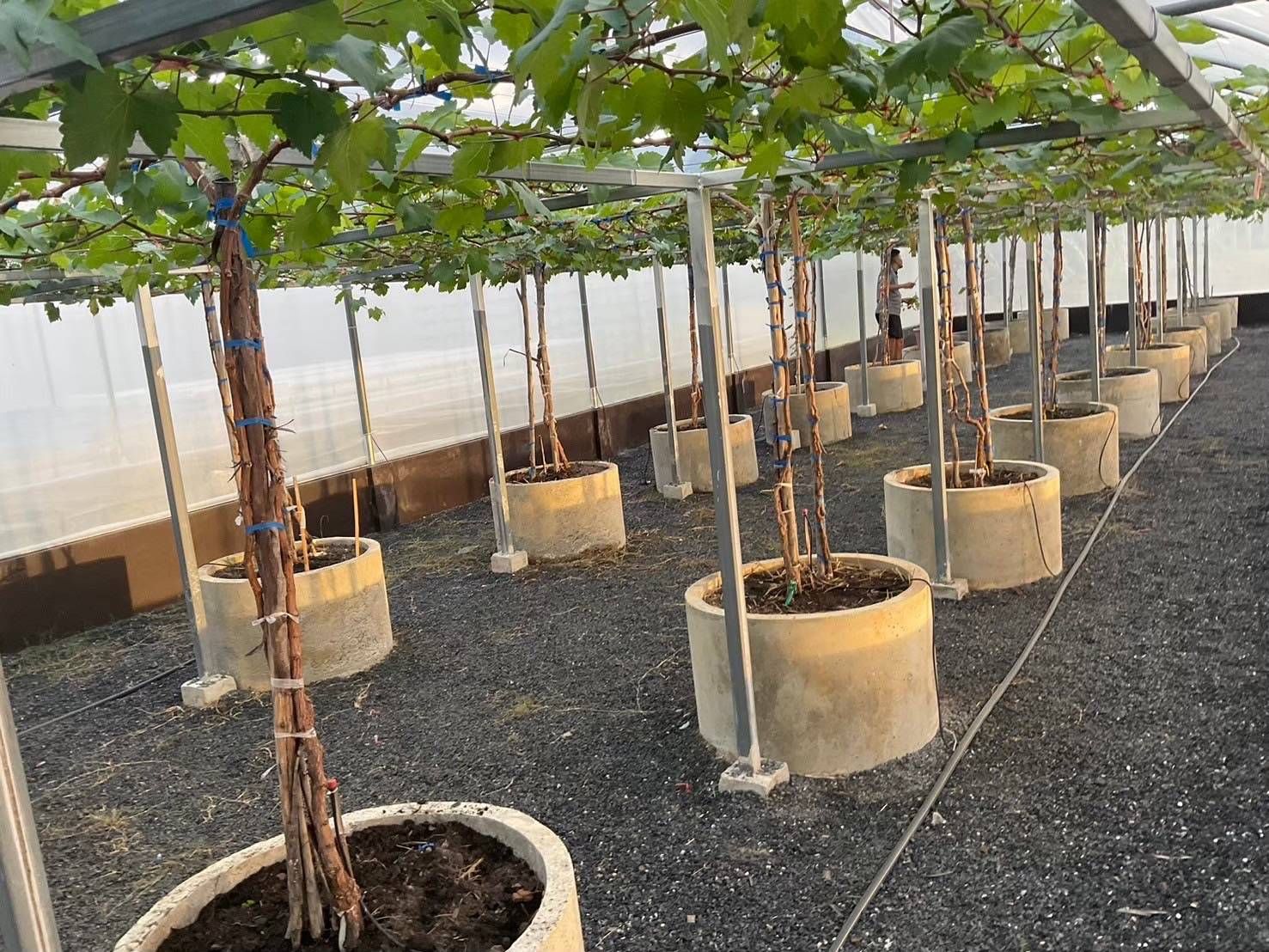
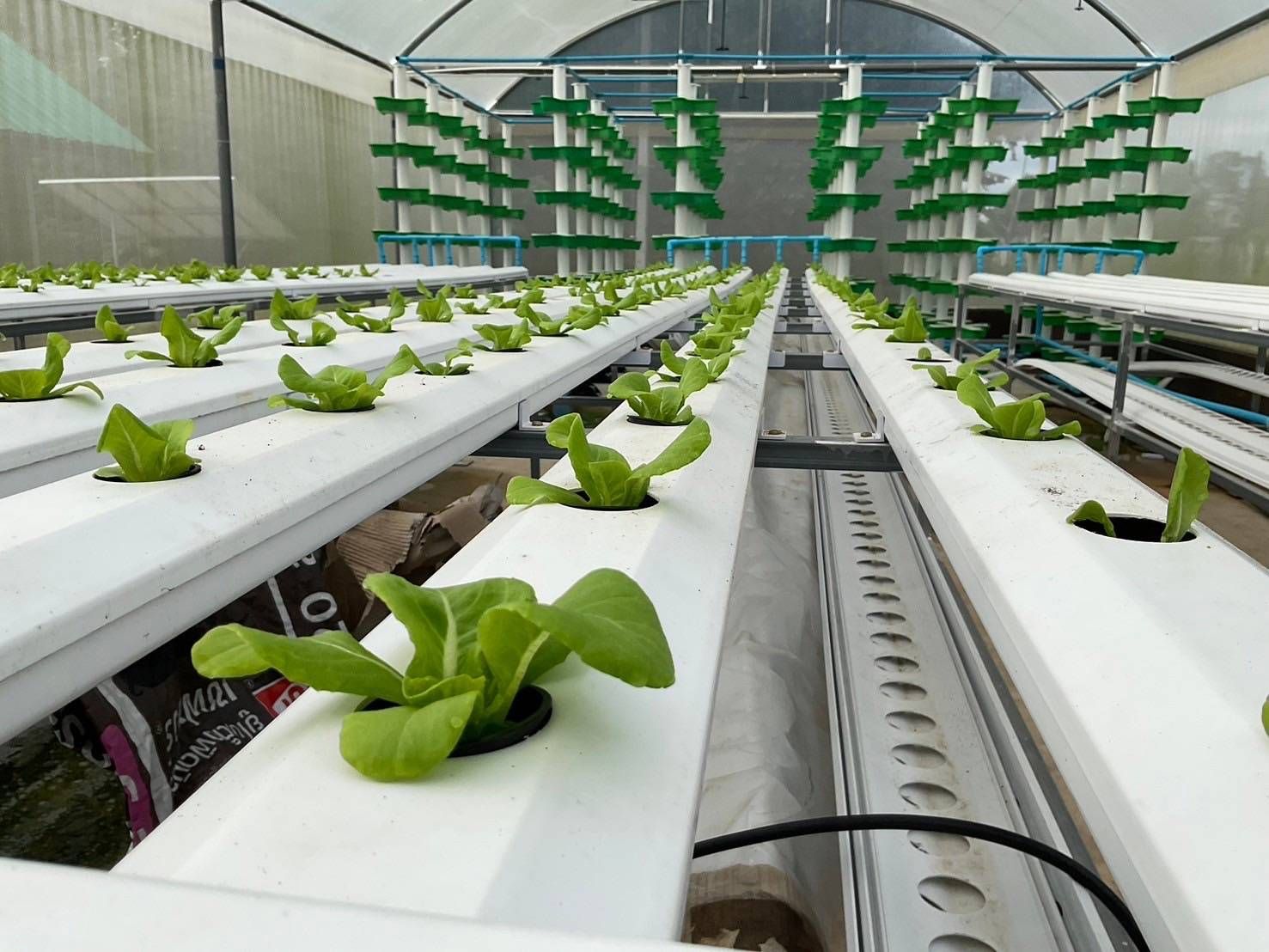
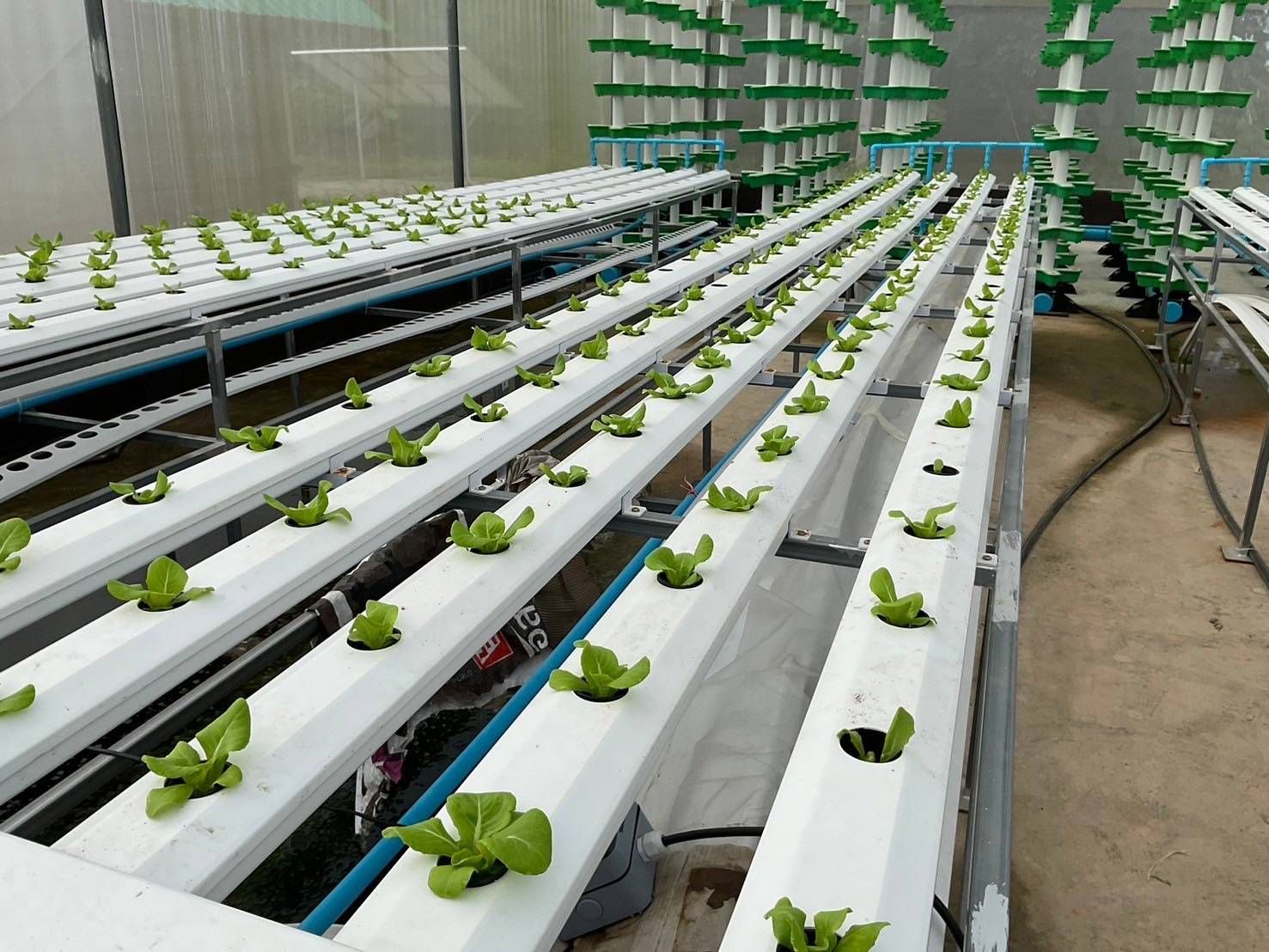
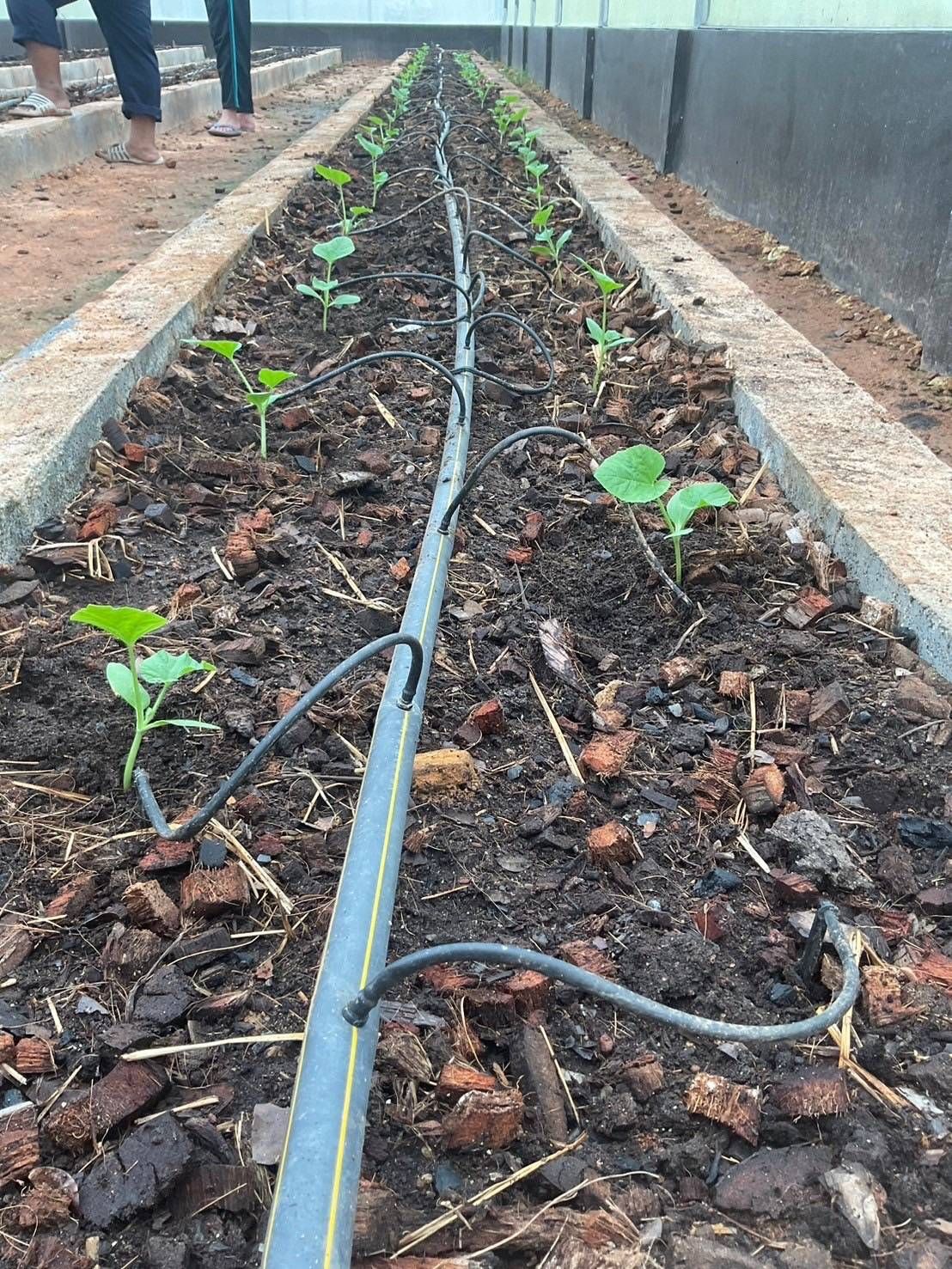
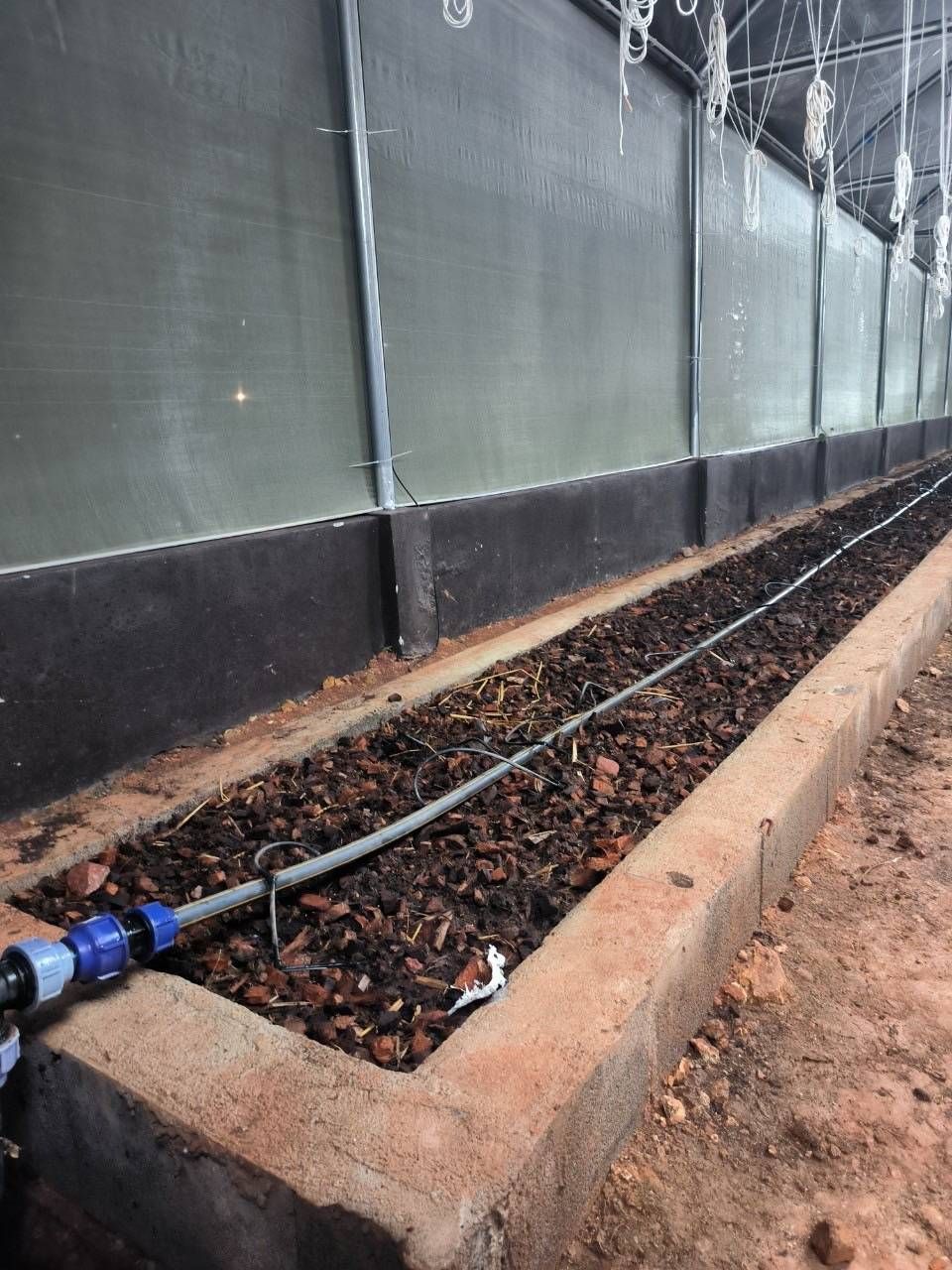
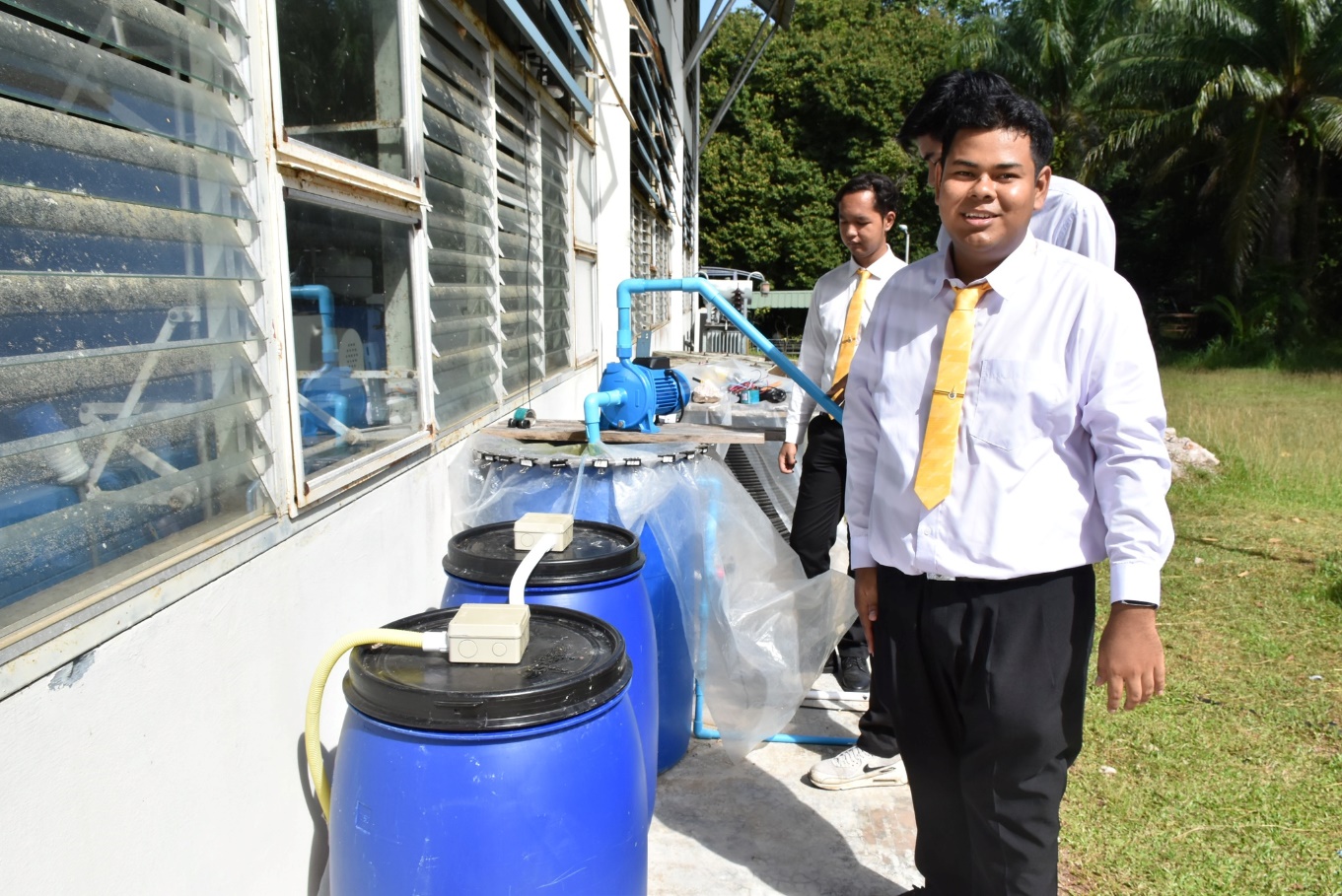
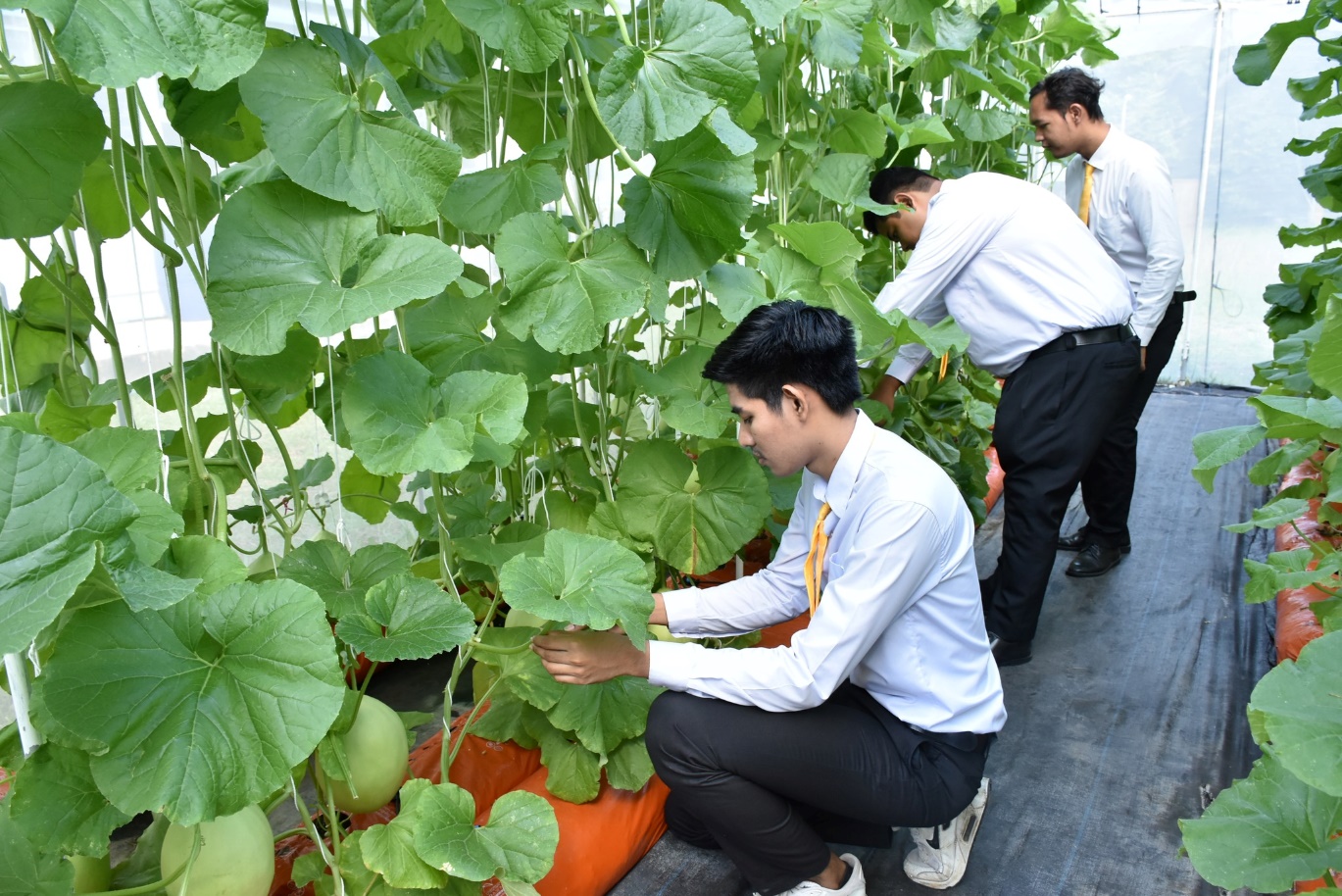
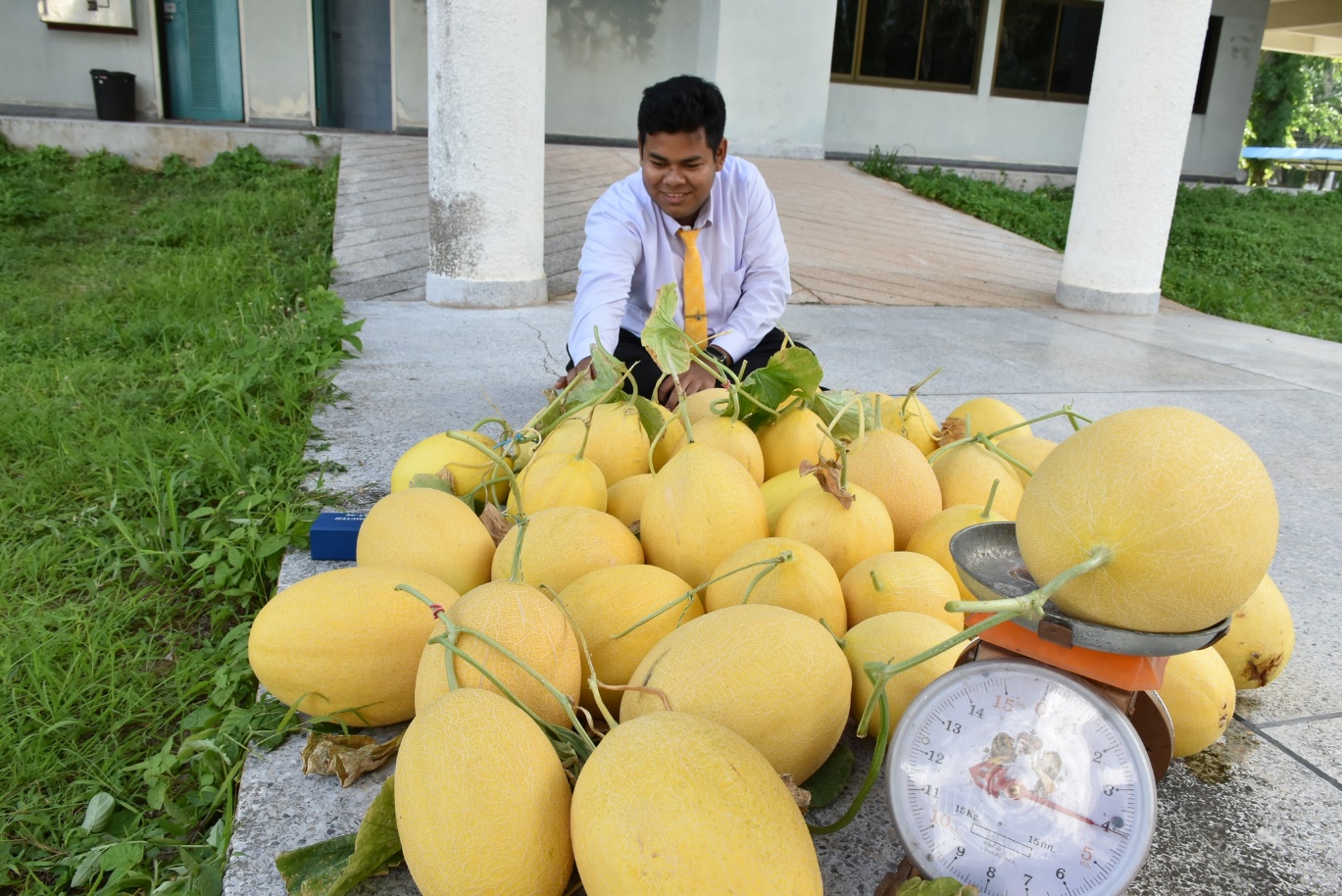
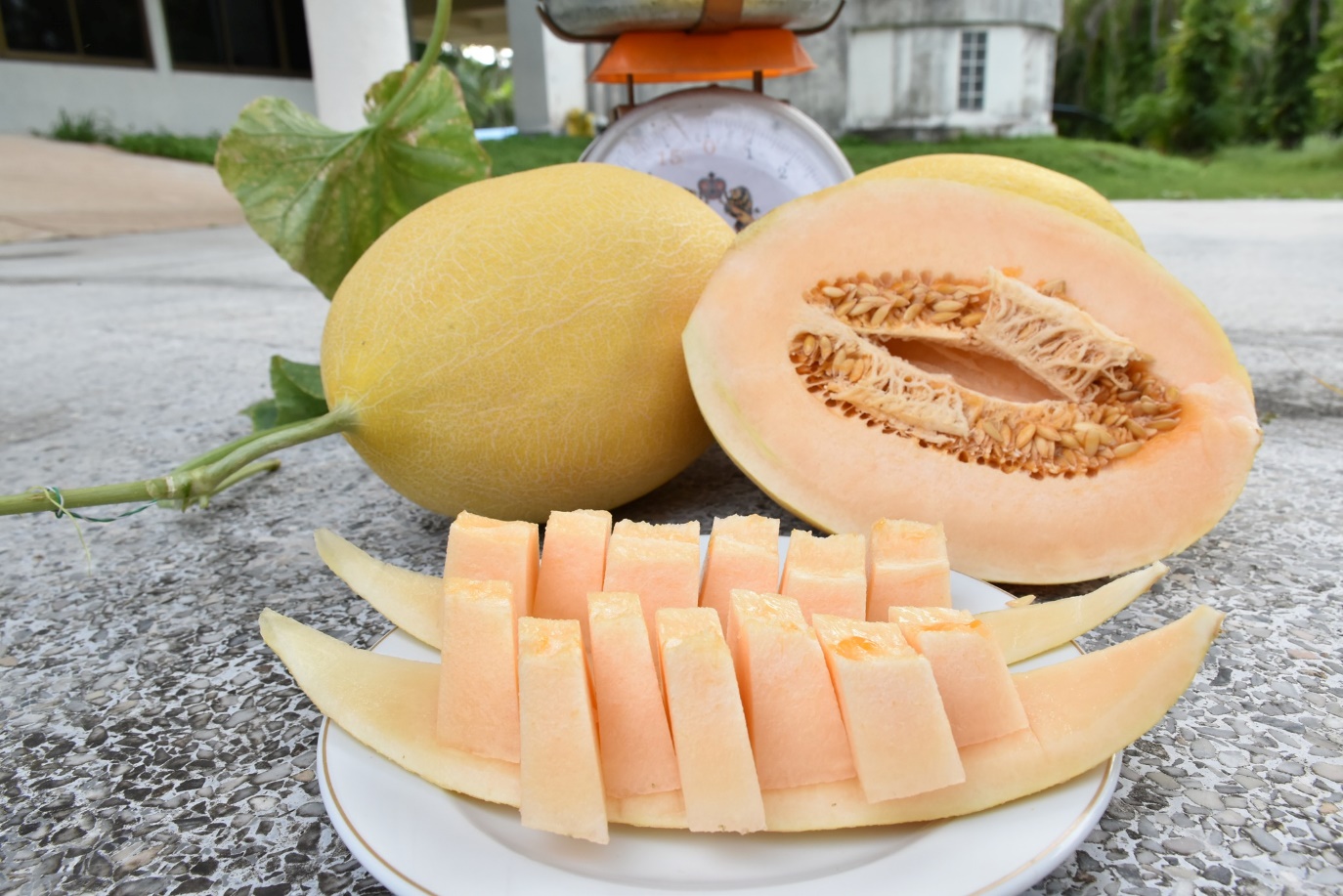
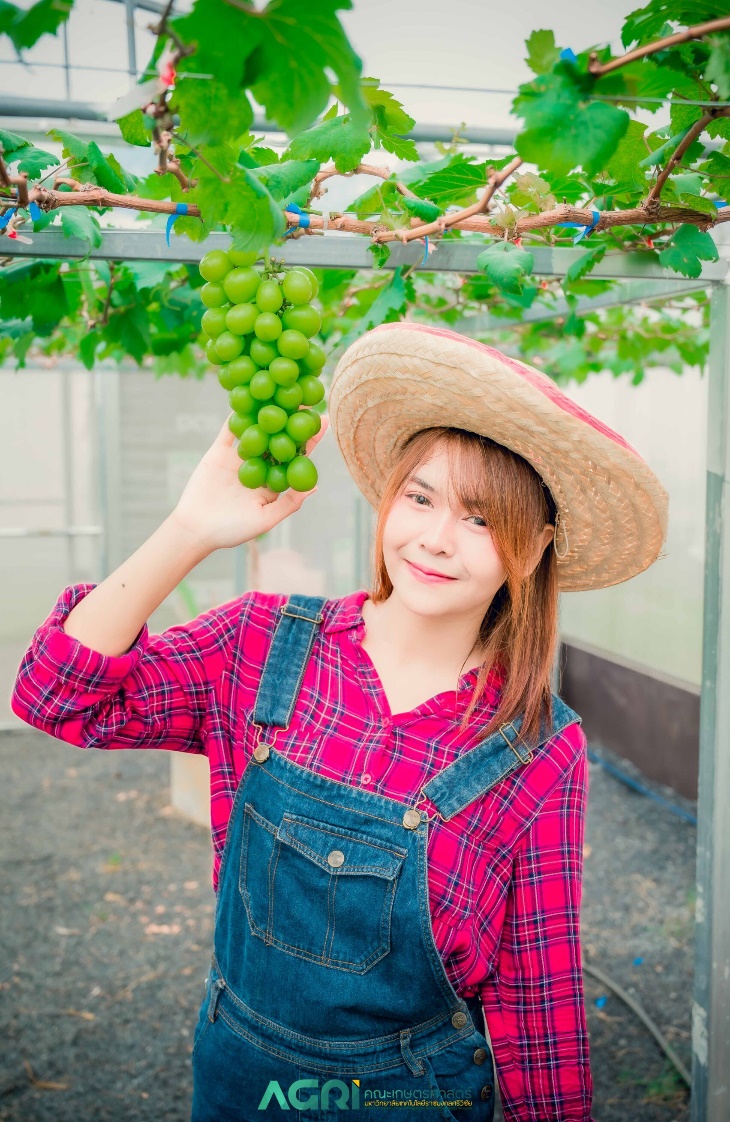
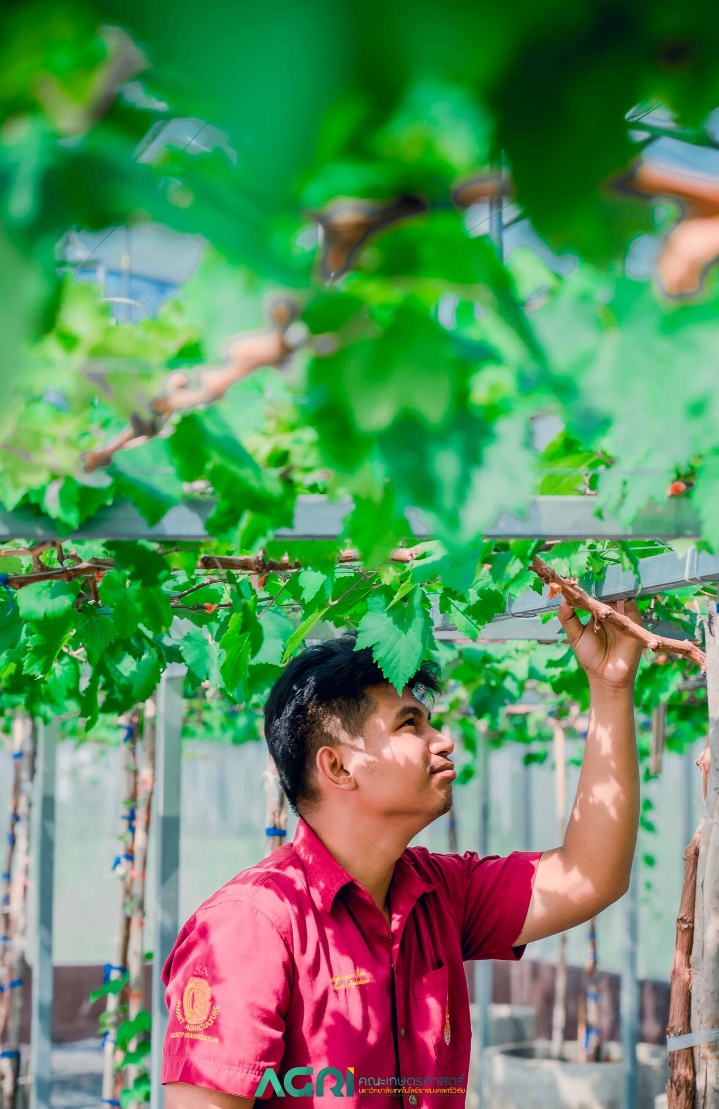
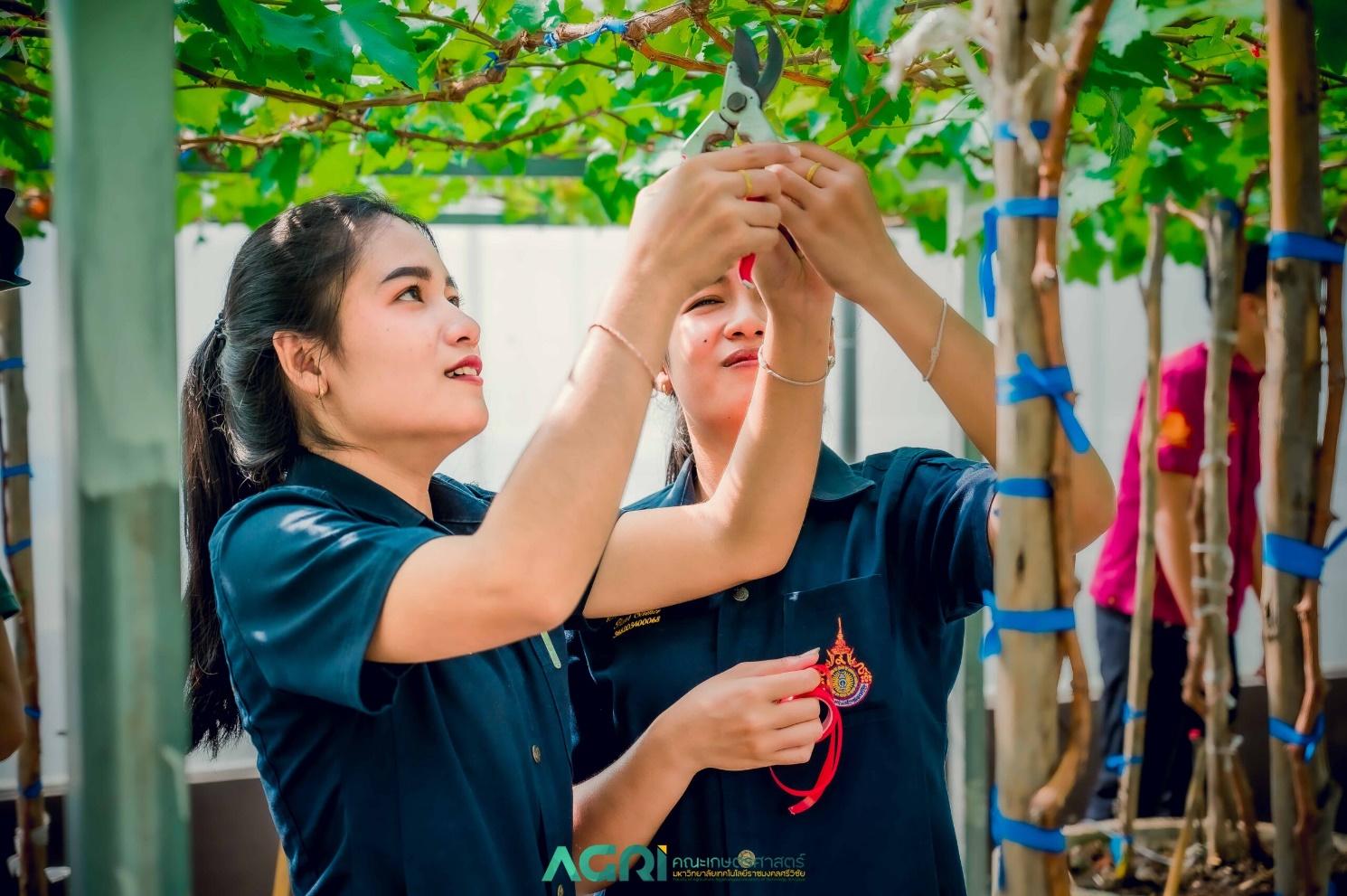
Related Links:
https://general.rmutsv.ac.th/ruts/smart-agriculture



